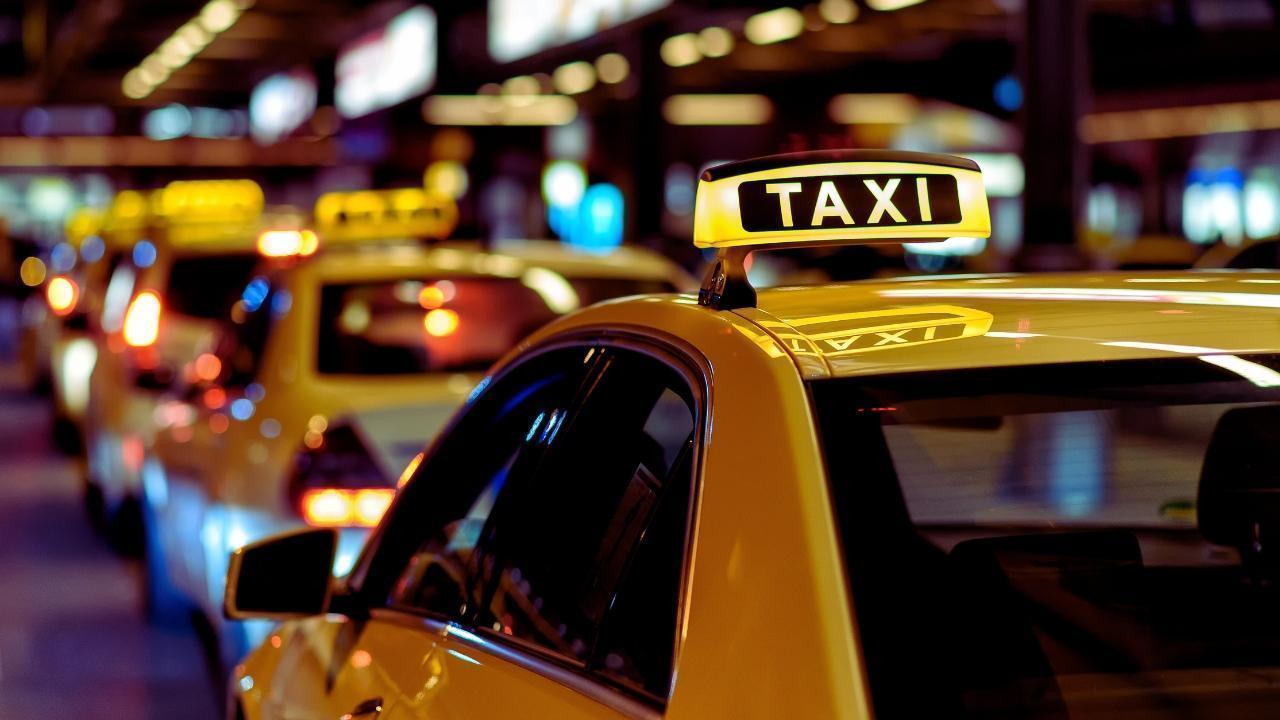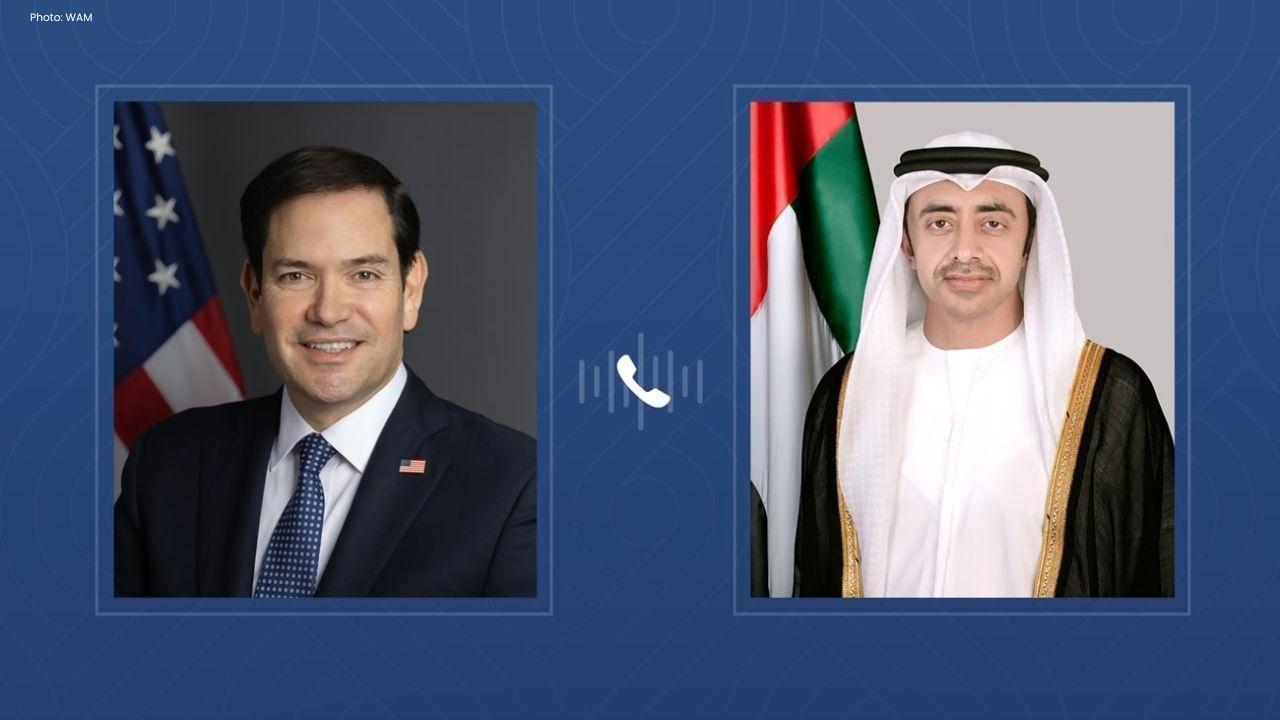
Post by : Anees Nasser
The 21st century has witnessed remarkable shifts in how cities move people, goods, and services. At the forefront of this transformation are Dubai and Riyadh, two Middle Eastern powerhouses redefining mobility through autonomous vehicles and smart transportation. Both cities have committed to reshaping urban life by integrating artificial intelligence, driverless taxis, and interconnected transport systems into their long-term visions. What was once a futuristic concept in Hollywood films is now emerging as a tangible reality in these cities.
Dubai and Riyadh’s adoption of robotaxis is not merely about convenience—it is about reimagining entire ecosystems of mobility. From reducing carbon footprints to improving traffic efficiency, their strategies reveal a clear ambition: to lead the global race toward smart, sustainable cities powered by autonomous transport.
Dubai has long been a city where innovation thrives. The government’s push toward autonomous mobility is closely tied to its Dubai Autonomous Transportation Strategy, which envisions 25% of all trips being autonomous by 2030. This is no small undertaking. With a population that continues to grow and a reputation as a global tourism hub, Dubai sees autonomous vehicles as critical to reducing congestion and maintaining its standing as a city of the future.
Robotaxis are a key pillar of this vision. Partnerships with international players in autonomous driving technology have already brought pilot projects to Dubai’s roads. These early tests are crucial in gathering real-world data, improving algorithms, and ensuring safety benchmarks are met. But more than technology, Dubai has been proactive in crafting regulations that allow these vehicles to operate legally, which gives it an edge over many Western counterparts still caught in regulatory debates.
Riyadh, the capital of Saudi Arabia, is pursuing a parallel journey under Saudi Vision 2030. Mobility transformation is central to the kingdom’s broader diversification goals, as it aims to move beyond oil dependency into a future of innovation-driven growth. For Riyadh, autonomous vehicles symbolize efficiency, sustainability, and modernity.
The Saudi government has emphasized investments in AI-driven transport, electric mobility, and smart infrastructure. Riyadh’s urban planning strategies incorporate driverless shuttles, robotaxis, and smart road systems designed to accommodate autonomous traffic. These efforts are expected to cut down on traffic-related emissions, improve safety, and align with the country’s sustainability targets.
The kingdom’s partnership with global automotive innovators highlights its seriousness. Trials for autonomous buses and taxis are being rolled out in selected districts, with the broader ambition of turning Riyadh into one of the most technologically advanced cities in the region by the next decade.
At the heart of both Dubai and Riyadh’s mobility visions is a strong technological backbone. Robotaxis rely heavily on artificial intelligence, LiDAR sensors, GPS mapping, and advanced cameras to navigate complex city environments. The continuous development of 5G networks in both cities is further accelerating these capabilities, ensuring vehicles can communicate with infrastructure in real time.
Moreover, smart transportation is not limited to driverless taxis. Both cities are actively developing integrated ecosystems where autonomous buses, metro systems, and personal mobility devices connect seamlessly. The idea is to create a door-to-door transport experience where passengers can move efficiently without depending on private cars.
This technology-driven approach promises to redefine not just mobility but also urban planning, as roads, parking, and traffic management systems evolve to accommodate autonomous fleets.
The introduction of robotaxis and smart transport systems carries significant economic and social benefits. For Dubai and Riyadh, this transition is about much more than modernizing roads—it is about positioning themselves as global innovation leaders.
Economically, autonomous transport reduces costs associated with human drivers, improves logistics efficiency, and creates opportunities in high-tech industries such as AI, cybersecurity, and mobility services. Socially, these initiatives aim to reduce accidents caused by human error, lower commute times, and provide more inclusive mobility options for people with disabilities or limited access to traditional transportation.
In tourism-driven Dubai, autonomous shuttles will enhance visitor experience, while in Riyadh, they symbolize the city’s forward-thinking approach to urban living.
While the vision is compelling, challenges remain. Safety is the most obvious hurdle. Public trust in autonomous vehicles must be earned through extensive testing and transparent reporting of results. Additionally, the integration of autonomous vehicles with existing traffic—where human drivers still dominate—presents complexities in accident prevention and regulation.
Infrastructure investment is another challenge. Both Dubai and Riyadh need to continually adapt road systems, traffic signals, and urban layouts to support autonomous fleets. Moreover, legal frameworks around liability, insurance, and data privacy require constant updating to keep pace with technological evolution.
Finally, there is the issue of employment. The rise of robotaxis could disrupt traditional driving jobs, requiring governments to implement retraining and reskilling programs to balance innovation with social responsibility.
The efforts of Dubai and Riyadh are setting benchmarks not just regionally but globally. While cities like San Francisco, Tokyo, and Beijing have been experimenting with autonomous transport, Middle Eastern cities are distinguishing themselves through speed of adoption and scale of ambition.
By positioning themselves as testbeds for innovation, Dubai and Riyadh are attracting global talent and investment in mobility technologies. Their success could encourage other Gulf and Middle Eastern cities to follow suit, turning the region into a hub for autonomous transport development.
Globally, their initiatives demonstrate that technological leadership is no longer confined to Silicon Valley or East Asia. The Middle East, long associated with oil wealth, is now showcasing itself as a laboratory for futuristic urban solutions.
The future these cities envision is one where traffic jams become less frequent, accidents decline dramatically, and urban life is seamlessly interconnected. Imagine stepping out of an office building in Dubai and ordering a driverless taxi that knows the fastest, most sustainable route home. Or picture Riyadh residents commuting in autonomous buses that coordinate with smart traffic lights to eliminate unnecessary delays.
This is not science fiction—it is a carefully planned trajectory toward smart, sustainable, and autonomous mobility. Both Dubai and Riyadh are proving that the dream of futuristic transportation can be turned into reality when ambition meets technology and strategic governance.
This article is an editorial piece based on current trends and publicly available information. It reflects the vision and initiatives of Dubai and Riyadh in the field of autonomous mobility but should not be considered as an official policy document or investment advice.










Curry Powers Warriors to Nail-Biting 109-108 Victory Against Spurs
Stephen Curry's 49 points propel the Warriors to a dramatic 109-108 NBA Cup triumph over the Spurs,

India Advances to Semi-Finals After Thrashing USA in Women’s Blind T20 World Cup
India secured a dominant ten-wicket victory over the USA, advancing to the semi-finals in the Women’

South Africa's Early Advantage as India Struggles on Day Two
On Day Two, India reached 138-4 as South Africa took three early wickets, complicating matters with

Kenta Nishimoto Defeats Lakshya Sen in Japan Masters Semifinal
Lakshya Sen's journey in the Japan Masters ends after losing to Kenta Nishimoto 19-21, 21-14, 12-21

Kenta Nishimoto Defeats Lakshya Sen in Japan Masters Semifinals
Lakshya Sen's run at the Japan Masters concludes with a loss to Kenta Nishimoto in the semifinals, 1

Major IPL Trade: Jadeja Joins Royals as CSK Signs Samson
In a significant IPL trade, CSK has acquired Sanju Samson from Rajasthan Royals in exchange for Ravi